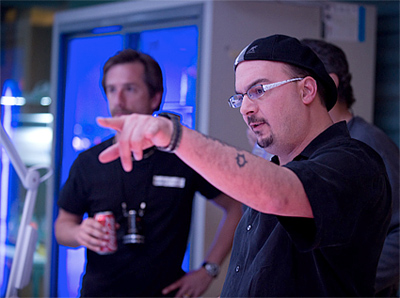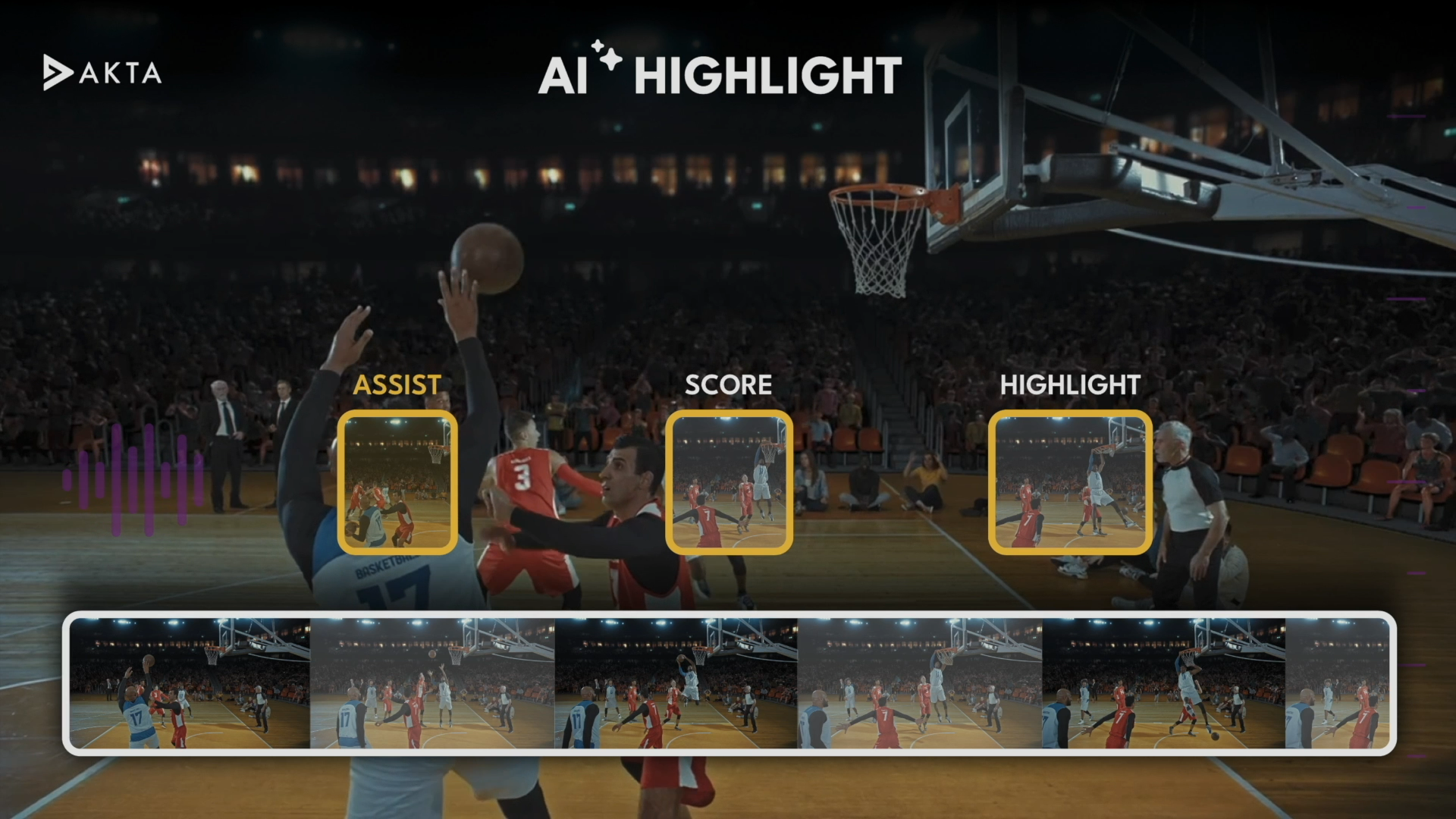Cost Is Key in Zuiker's Digital Agenda

Anthony Zuiker, creator and executive producer of CBS's "CSI: Crime Scene Investigation" franchise, describes his $40,000-per-hour "Level 26" digi-novel series of video productions as equal in quality to the $4 million-per-hour network TV shows he oversees.
Now he's looking forward to showing off the new economics of multiplatform delivery in his "BlackBoxTV" series, which will include a cyber-crime entertainment show. The programs, a collaboration with Tony E. Valenzuela, will debut online by year's end and will be among the first "channels" funded by Google and its YouTube subsidiary to entice high-profile Hollywood creatives into making original Web programs.
HIGH QUALITY, LOW PRICE
Zuiker talks enthusiastically about the $2,000 Canon 5D camera used to shoot the video for the digi-novels in his recently completed "Level 26" trilogy for the iPad.
"The production value is so unbelievable that you can do high-quality content at a very low price," he explained.
The "Level 26" series was conceived as an electronic book with integrated video segments to enhance and expand the text narrative. At certain points in the original "Dark Origins" (which debuted September 2009), and the subsequent "Dark Prophecy" and "Dark Revelations" (published in late December 2011), the written word leads into high-production-value video scenes advancing the story or offering additional clues, character back stories and other details to enhance the plot.
In keynote remarks to the recent Media Innovations Summit in Santa Clara, Calif., Zuiker said he invented the "digi-novel" structure while sitting out television production during the Writers' Guild strike in 2007–2008.
Video clips of "Dark Prophecy" production appear about 14 minutes into the stream of Zuiker's presentation at the summit, which can be viewed at www.screenplaysmag.com.
As he pondered what "a book might turn into," Zuiker conceived his version of the integrated text/video approach, extending a traditional video game narrative form and implemented for the capability of smartphones, eReaders and tablet devices that allow storytelling to shift between presentation formats.
Although the TV producer-turned-multiplatform pioneer declined to disclose revenues for the "Dark Prophecy" series, he noted that the first segment briefly was near the top of the Apple iTunes App Store's bestseller list. At $13 a copy, it was "not a runaway success," Zuiker admitted, but he said Apple acknowledged "the win was in the doing."

Anthony Zuiker during filming
The experience also brought Zuiker credibility for the next wave of digital production. At the conference, Zuiker also dropped teasers about his next made-for-Web production, "Cybergeddon," which is in development.
"BlackBoxTV" will debut in April 2012 in multiple languages, thus becoming one of the first global online productions. Google funded $2.5 million for the "BlackBoxTV" series, which will consist of 40 anthology genre short films, each running about 15 minutes.
Independent of "BlackBoxTV," but accompanying Zuiker's future video production will be $1.2 million in apps, which Zuiker calls a "big software" commitment.
"Google wants to be in the premium content business," Zuiker said bluntly, affirming a widely held view about the ambitions of the global company that was merely a search engine provider a decade ago.
SPONSORS LINE UP
Against this production budget, Zuiker said he has already lined up $8 million in branded entertainment investments from sponsors that will be more than just product placement.
"[Marketers] want to infuse their brands inside the content," Zuiker said in his conference remarks and reinforced during my conversation with him afterwards. "Most brands just want to be on the forefront of something cool."
Although he didn't reveal the names of sponsors or the ways in which their products and messages will be integrated into the storyline, his approach underscores the new economics of program development. Zuiker said his online series will already have nearly "$5 million in revenue before we launch."
Zuicker contends the digital platform approach enables companies to get into the "tech-entertainment business" in ways that will be much more compelling than merely "buying $800,000 ads" on network primetime shows. Moreover, this type of programming is aimed at the elusive young male audience, although it also may appeal to the female-centric TV audience that likes the procedural crime-drama scripts of "CSI" and similar series.
"The challenge is to make that money back… then use that traffic to go forward," he said, indicating a growing commitment to the multiplatform ecosystem since some programs will inevitably travel from online streams into conventional syndication and distribution systems, possibly bringing a two-screen interactive capability with them.
At the core of Zuiker's vision is an overhaul of the TV production and economic infrastructure.
"As the technology of cameras gets better and cheaper, it will take the pressure off the budget," which means money can be moved to other purposes, Zuiker says. "You don't have to shoot on Panavision cameras." He admits it is "hard to ask an A-list actor to work for three grand," acknowledging the staggering economics of network TV shows with union contracts and studio overhead. He insists, "Guys like me are willing to take the hit [in order] to have ownership" of the final product in the "radical, rebellious" future.
Zuiker also attacks the traditional approach to TV programming. He sees "the value of keeping the audience engaged throughout the week, not just for an hour" of a scheduled weekly series.
"We're on the brink of extinction for television as we know it. The regime of watching pre-scheduled programming seems a bit archaic. … Advertisers simply cannot sustain [that system] to monetize and profit in the on-demand environment.
"My mission is to be thinking about how to engage in cross-platform storytelling," Zuiker said. He intends "to take advantage of the TV broadcast as a launching mechanism," then move among Web, gaming, mobile and other platforms, all as part of a "24/7 experience, not just a glorified home page."
Zuiker and his production peers are opening a door—and a veritable Pandora's box—to a whole new world of television.
Gary Arlen is president of Arlen Communications LLC, a new media research firm in Bethesda, Md. He can be reached at GaryArlen@columnist.com.
The professional video industry's #1 source for news, trends and product and tech information. Sign up below.
Gary Arlen, a contributor to Broadcasting & Cable, NextTV and TV Tech, is known for his visionary insights into the convergence of media + telecom + content + technology. His perspectives on public/tech policy, marketing and audience measurement have added to the value of his research and analyses of emerging interactive and broadband services. Gary was founder/editor/publisher of Interactivity Report, TeleServices Report and other influential newsletters; he was the long-time “curmudgeon” columnist for Multichannel News as well as a regular contributor to AdMap, Washington Technology and Telecommunications Reports; Gary writes regularly about trends and media/marketing for the Consumer Technology Association's i3 magazine plus several blogs.

